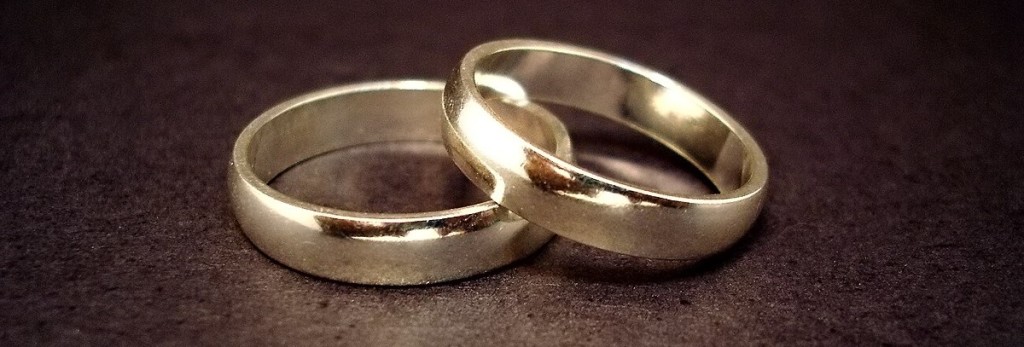For me, the only moment of genuine passion and conviction in the entire GOP debate came when Carly Fiorina linked the Iran issue (“the defense of the security of this nation”) with abortion (“the defense of the character of this nation”) Here is what she said:
https://www.youtube.com/watch?v=6Cy5mYuyMCA
Fiorina has been excoriated in the media for this statement, not least because the debate was the most-watched event for CNN. Planned Parenthood has been in damage-control mode over the ongoing release of undercover videos documenting the sale / donation[ref]A legal distinction without a meaningful ethical difference in this case.[/ref] of human organs procured during abortions. This kind of coverage does not help make their federal funding any safer.
This pro-Fiorina article from First Things (Fiorina Was Right) gives a good rundown of some of the criticism Fiorina has faced, for example, straight from Planned Parenthood:
The images show nothing like what Carly Fiorina said they do, and they have nothing to do with Planned Parenthood. The video footage that she claims exists—and that she ‘dared’ people to watch—does not exist. We have a word for that: It’s a lie.
Glenn Stanton, writing the First Things piece, argues that the video is real and provides the YouTube link with time stamps to see exactly what Fiorina is referring to. I don’t like watching these kinds of videos, but I did for the sake of understanding. The video produced by the Center for Medical Progress shows exactly what Fiorina describes. However, the video of the unborn human being with a beating heart and twitching leg is clearly not footage from the undercover sting operation. So what’s going on? Here’s MSNBC:
What does exist is a video interview of a former employee of StemExpress, a tissue procurement agency like the fictitious group represented by the anti-abortion activists behind the video. In it, she claims she saw a fetus with a heartbeat, and says her supervisor planned to procure the fetus’s brain for medical research. The video also includes unrelated stock footage of a fetus outside the womb that purports to be from an abortion… No one in the videos has even alleged that a fetus was kept alive to harvest a brain, nor is there footage of it.[ref]MSNBC also notes that the Center for Medical Progress has passed off images of stillbirths as images of abortions in the past. That’s a legitimate point in general, but not relevant in this particular case as we’ll see in a couple of paragraphs.[/ref]
So here’s what happened: the Center for Medical Progress (which has been releasing the undercover videos) used stock footage from another pro-life group called the Center for Bio-Ethical Reform during this segment of the video. They cut back and forth between an interview with a former “Procurement Technician” from Stem Express, LLC[ref]A real-live company that makes money acting as a middleman between abortionists and medical researchers who want human organs[/ref] describing the incident that made her quit her job and stock footage. The footage is clearly labeled, as this image (cropped to avoid any disturbing imagery) shows:

This isn’t dishonest on the part of CMP. They were interviewing a woman about what she was asked to do (cut through the face of an unborn human being to harvest the brain) and why she was unable to do it (it was too horrific for her to go through with). Showing footage of a fetus of the same gestational age during the interview is neither misleading nor gratuitous given the content of the interview. Furthermore, the CMP video does not allege that the footage of the fetus was from the specific incident being described by the interviewee. In fact, that would be strange because if they had undercover video of that incident they would be playing that video in addition to / instead of an interview. You interview people precisely because you don’t have primary evidence of the thing you are interviewing them about. That is what, to a large extent, interviews are for. Nor does the CMP video allege that the fetus in the footage is aborted, and why should they? That is not actually relevant. The fetus that is the subject of the interview was aborted, the fetus in the stock footage is there as an illustration to show viewers what we’re talking about. This woman was asked to cut through the face of an unborn human being. This is what an unborn human being looks like. Given euphemisms about “products of conception” and “uterine contents” and so forth, the inclusion of illustrative footage is entirely legitimate.
So let’s turn to Fiorina’s comments. It’s clear that she, either in watching the video or in remembering it after the fact, conflated the stock footage with actual footage of a fetus that was about to have its brain harvested. I do not think it was a lie because I do not think it was intentional. People misremember. That’s part of being human. More importantly: I don’t think it matters.
Think about the Planned Parenthood rebuttal for a moment. A woman testifies that PP conducted an abortion that led to a living, intact fetus and then ordered this women to harvest that fetus’s brain. Fiorina passionately declares that this kind of barbaric treatment is a threat to our national character. Planned Parenthood says, “Aha, but you don’t actually have video of that specific incident.”
This non sequitur is as morally bankrupt as one of Donald Trump’s failed enterprises. Does it really matter if this particular fetus in this particular video is the one that had its brain harvested? Or doesn’t it actually matter whether or not there was such a fetus that had its brain harvested on or off camera? Does Planned Parenthood think that something morally repugnant becomes morally acceptable just because it was not caught on video?
Probably not. But they do understand very, very well that as long as something is not seen it cannot generate or sustain outrage. And that is the real secret to Planned Parenthood’s ongoing success. They do not provide the assistance to poor women that they claim to[ref]For example: they do not offer mammograms.[/ref], and every single service they do offer other than abortion can be accessed at other community health clinics that don’t perform abortions (not to mention harvest and sell human organs). But they continue to enjoy widespread support and hundreds of millions of dollars of government funding and the abortion industry as a whole continues on largely unregulated and unopposed because abortion is invisible. We don’t talk about the unborn human beings who die, we don’t even talk seriously about the costs to the women who procure abortions, we don’t even talk about the toll this kind of routinized violence takes on abortion providers.
The specific video that Fiorina thought existed does not exist. But the kind of incidents that threaten our national character did take place and continue to take place. Which of those truths matters more? Planned Parenthood doesn’t really care; they just want you to think there’s nothing to see here so that you’ll move along without looking too closely.









